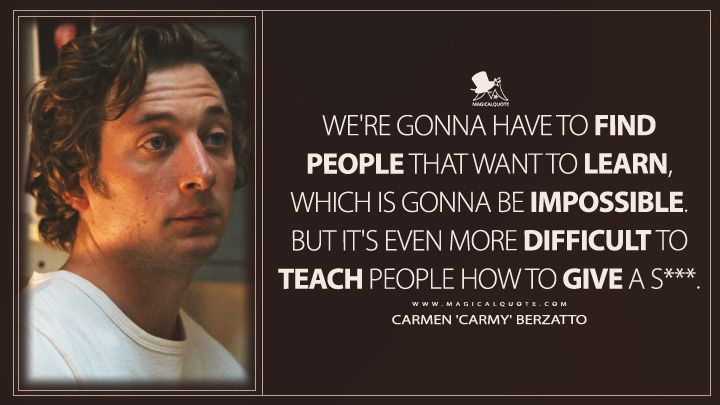For all the industry veterans out there, you're probably seasoned in spotting the champs from the chumps when it comes to managers. It really narrows down to – are they leading or just managing? And if you're a boss eager to figure out where you stand on the scale, fear not, my friend. The ultimate litmus test is right under your nose – your employees!
Yep, that answer shouldn't be too surprising. The secret sauce is all how your crew sees you: Do they respect you and give you the "Boss of the Year" trophy? Do they appreciate your wisdom? Are they proud to be a part of your team? If these questions trigger a "Meh, not really," the question you need to ask yourself is if you are managing or leading your employees and also who supports you from the top?
While this holds true in any industry, a good company culture and management system in the restaurant business, in particular, can even go as far as attracting or repelling your end customer. The questions you need to answer are, are your managers managing or leading?
In the restaurant industry, where every detail plays a crucial role, the distinction between managing and leading becomes even more significant. A recent article by Jill Tyler on Nation's Restaurant News delves into the importance of developing a robust company culture and effective management practices in the restaurant business.
Tyler emphasizes that merely managing the operations is not enough. True leadership involves inspiring your team, setting a clear vision, and fostering a sense of belonging and purpose. This distinction can directly impact the experiences of both employees and customers.
For those who have had the privilege of working in a kitchen, you're likely no stranger to the whirlwind of chaos, the clash of distinct personalities, and the relentless high-stakes atmosphere that envelops such an environment. If this world is foreign to you, I recommend preparing a bowl of popcorn and immersing yourself in Hulu's latest sensation, "The Bear."
For the uninitiated, "The Bear" is a captivating (and chaotic) series centered around Carmine (fondly known as Carmy), a world-renowned chef who unexpectedly finds himself at the helm of his family's unassuming sandwich shop following the passing of his elder brother. Carmy dreams of transforming the restaurant into a world-class joint, but is constantly battling with personal struggles, crushing debt, a toxic work environment and resistance to change. As you delve into the show, you'll witness the gripping narrative of his tumultuous journey.

What truly captivates me about this show are the invaluable lessons it vividly portrays. As highlighted in a recent Forbes article, these lessons encompass...
1. Change is always hard (and takes time).
Effective leadership is the ability to communicate a compelling mission and values. As a new hire looking to make a change effective communication can help with this. When your team members understand and resonate with the core principles of your restaurant, they become more engaged and motivated. This, in turn, can lead to improved performance and a better customer experience.
A case in point is Sweetgreen. Sweetgreen's co-founder, Jonathan Neman, emphasizes the significance of culture in their success. The company focuses on hiring individuals who share their values and have a passion for their mission: connecting people to real food. This approach has not only created a dedicated workforce but has also attracted customers who align with the company's ethos.
2. Respect is earned.
Respect is earned when respect is given. Therefore, empowering managers to be leaders Is crucial. Instead of merely overseeing tasks, managers should be encouraged to guide and mentor their teams. By fostering a culture of trust and open communication, employees feel valued and are more likely to contribute innovative ideas.
Feedback and recognition, while sometimes not the easiest task to perform, when done right can quickly earn the respect of employees. Recognizing and appreciating employees' efforts can boost morale and create a positive work environment. Moreover, a culture that values continuous improvement can lead to higher employee satisfaction and, consequently, better customer service.
3. Be human.
Lastly, we are human. We carry our own baggage, go through personal struggles and make mistakes. Naturally, our employees will also make mistakes. But a good leader treats their employees' mistakes as opportunities for growth. To quote the great Nelson Mandala: "I never lose. I either win or learn."


